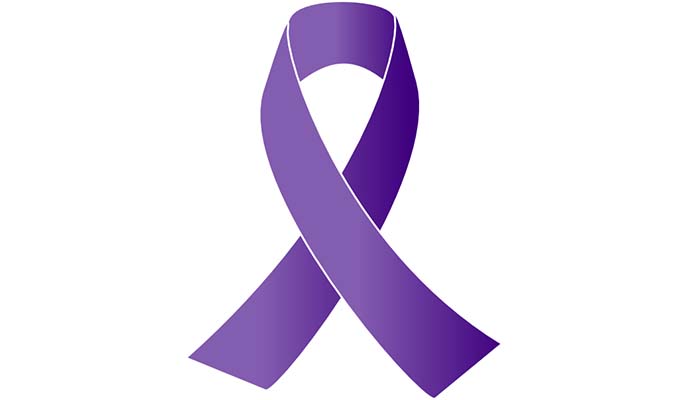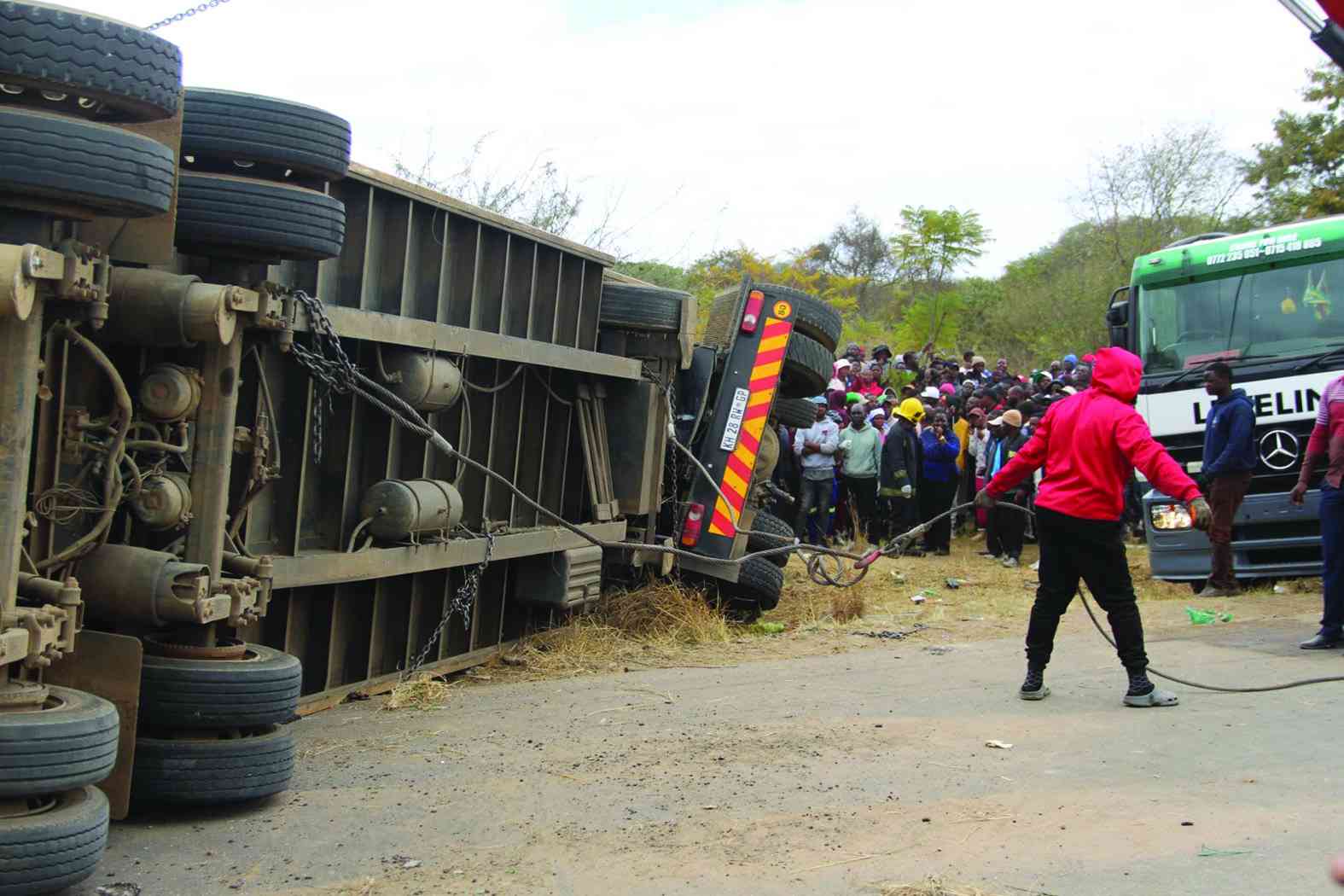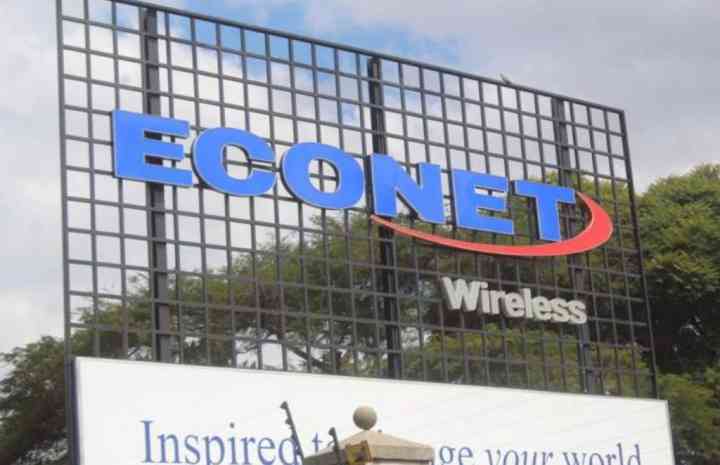
Cervical cancer is a debilitating disease killing over 1 400 women annually, yet sadly remains underfunded in Zimbabwe and low on the government priority list. NewsDay Comment
Despite the widespread availability of cervical cancer prevention and screening programmes in developed countries, the morbidity and mortality rates in Zimbabwe are still very high.
It, therefore, makes refreshing reading that First Lady Auxillia Mnangagwa has taken it upon herself to be an ambassador for this cause.
Although some of the First Lady’s initiatives have been met with mixed feelings and at times unwarranted vitriol, it goes without saying that for issues like cancer, strong political will is required and what better person than her ladyship.
Her efforts, which include going through the screening process herself, have brought the spotlight on the disease which now kills more people that HIV and AIDS.
Awareness remains one of the barriers and so the community mobile clinics which are part of the First Lady’s interventions are offering an opportunity for women to get access not only to information, but the screening process.
It also becomes a platform to correct misconceptions about the disease and also share on available treatment options.
Spirited debates have been held to try and address the issue, but years on, there is little evidence on the ground to show commitment in the form of recognisable funding and a clear roadmap on how this disease can be halted.
- Chamisa under fire over US$120K donation
- Mavhunga puts DeMbare into Chibuku quarterfinals
- Pension funds bet on Cabora Bassa oilfields
- Councils defy govt fire tender directive
Keep Reading
Mobile clinics for the screening process address the challenges of long distance as well as that of limited health facilities that offer screening, which is key in the diagnosis of the disease.
Routine screening and early treatment can prevent eight in 10 cervical cancer cases, if the abnormalities in the cervix are identified early.
Government could also consider subsidising costs for screening and treatment, so as to make them affordable and available in the public health sector.
Generally, cancer treatment is still too expensive and it’s commendable that the First Lady is advocating for free treatment. A dark cloud is still hanging low over the country following the death of Morgan Tsvangirai, who succumbed to colony cancer after years of fighting the disease.
It is public knowledge that his hospital bills ran into thousands of dollars, a sure sign that treatment is far more expensive than prevention.
The government has a toll order of ensuring that cancer receives substantial funding just like HIV and AIDS and that there are clear strategies on mitigating the impact.
Meanwhile, the government should be lauded for efforts in introducing a vaccine against Human Papilloma Virus (HPV) — the leading cause of cervical cancer, which will be targeting girls under 14.
The first two years of the programme will cover 10 to 14-year-olds, after which all girls will be vaccinated upon reaching the age of 10.











